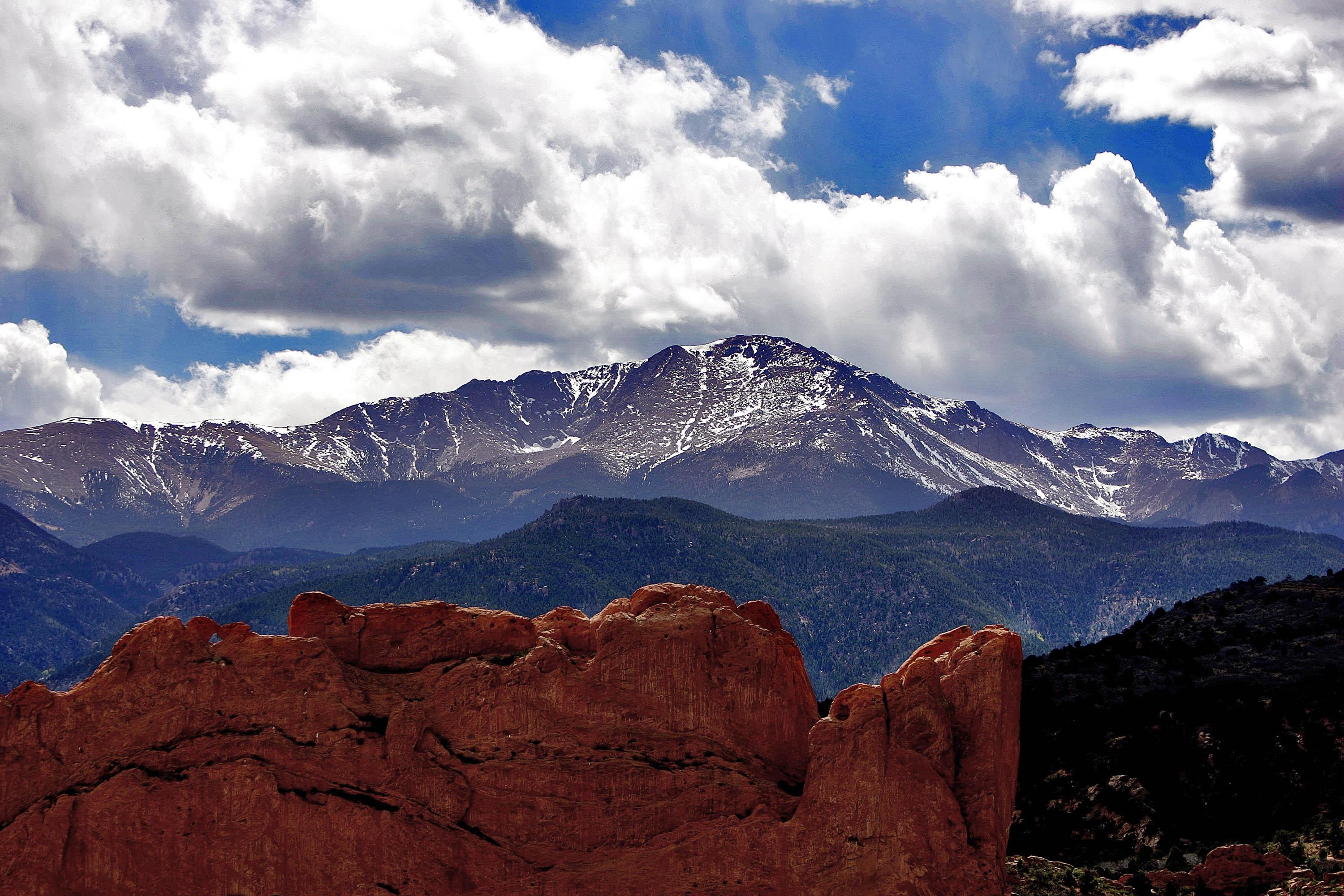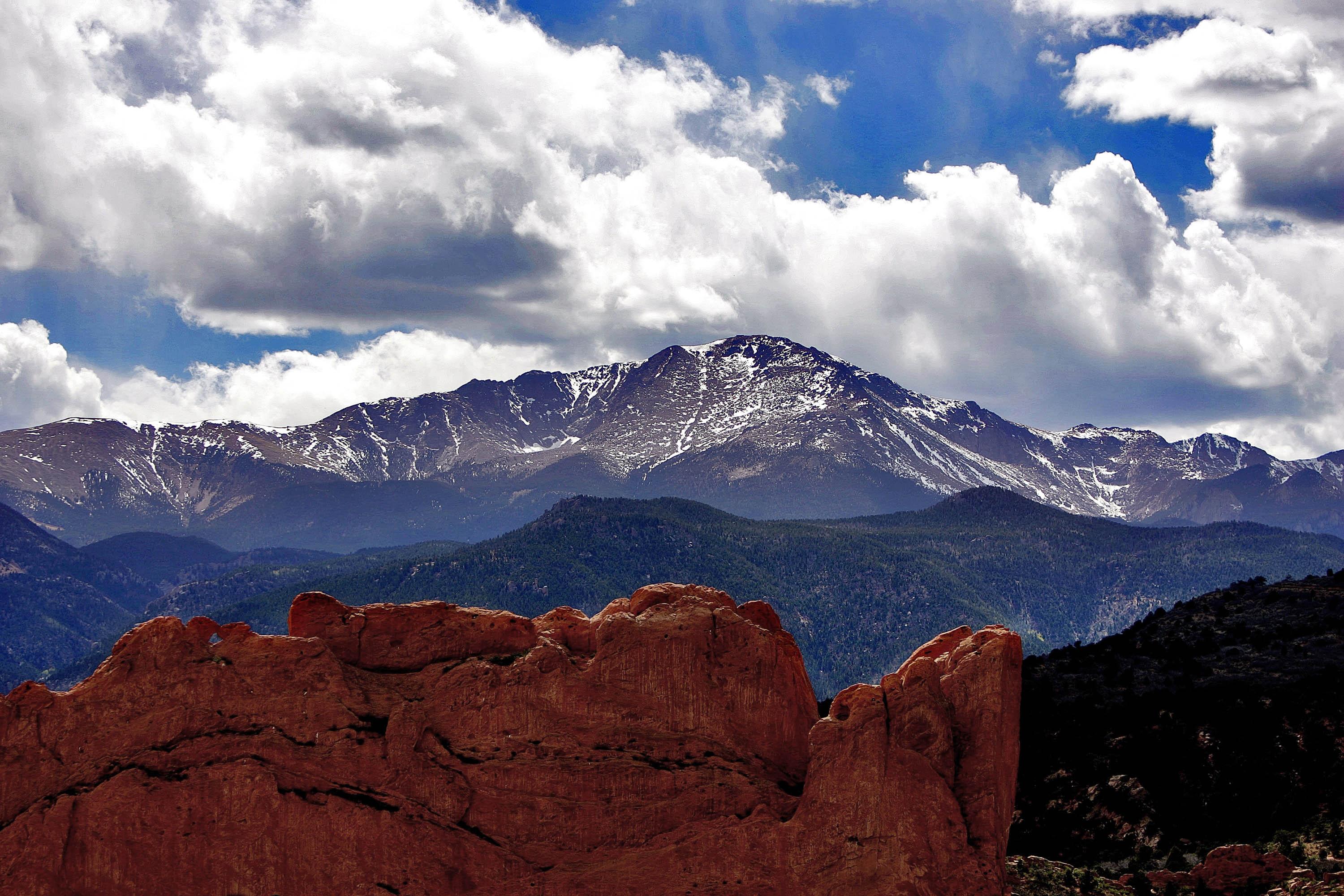

The City of Colorado Springs is considering investing $500,000 to help double shelter beds for the homeless.
During a Monday city council work session, members said more shelter beds would help address the growing homeless population and would also help police enforce the “no camping” ban in Colorado Springs, according to a report from the Gazette.
The ban, which went into effect in late July, prohibits camping within 100 feet of creeks and other waterways. Critics say it targets homeless folks because they have no other options. But city officials argue the ordinance prevents the spread of E. coli in both Monument and Fountain creeks.
The fine for those caught camping is up to $2,500 and up to 180 days in jail.
“Police departments cannot enforce camping bans if there is no available shelter beds,” said Andrew Phelps, the city’s homelessness prevention and response coordinator. “Having adequate shelter bed capacity not only helps ensure that no one in our community is forced to sleep outside, but it also helps enable the police department to enforce the camping ban.”
Funding for the new 370 “low-barrier” shelter beds in Colorado Springs would come from the city’s general fund and federal funds, said Phelps. “Low-barrier” shelter beds only require visitors to follow the rules while in the shelter and don’t require people to be sober like other shelters might.
The Springs Rescue Mission is the only shelter in Colorado Springs that provides low-barrier shelter beds right now, Phelps said. If the city were to approve the funding, 150 more beds would be added there and the Salvation Army would convert 220 higher-barrier beds to low-barrier.
“Our hope is that by the time it gets cold in Colorado Springs, we will have adequate shelter bed capacity so that no one our community is forced to sleep outside.”
In El Paso County, more than 1,500 people were experiencing homelessness in 2018, up 9.6 percent from 2017, according to a count done in January by the Pikes Peak Continuum of Care. The group also reported that on the night of the count, 513 people who were experiencing homelessness went unsheltered because of high utilization rates of low-barrier shelter beds.
Phelps said the number of folks who went unsheltered that night is a conservative estimate and many believe the number is actually much higher.
Despite Springs potentially adding more beds by Thanksgiving, Phelps said it’s just one step toward ending homelessness — he believes substance abuse treatment, mental health care and other services are just as critical.
“I do believe that affordable housing really is the elephant in the room when it comes to homelessness,” he said. “I truly believe that housing with wraparound services are the answer to ending chronic homelessness.”








